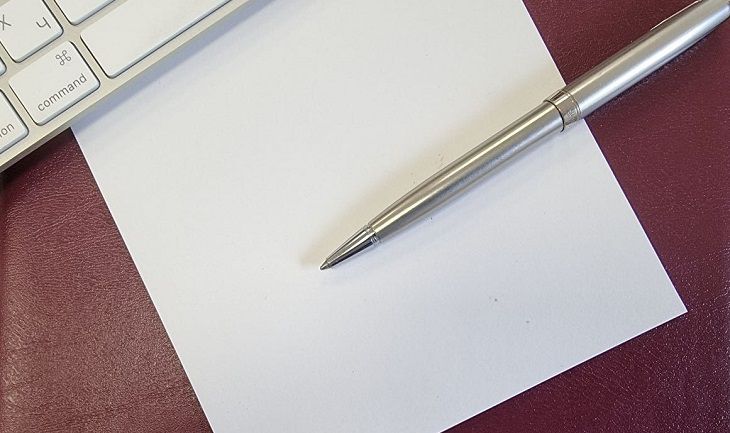New curricula have been introduced in all lyceums in Belarus since September.
The new program was tested at the Dzerzhinsky Lyceum of BSU.
BELTA reports this with reference to the Ministry of Education.

How will lyceum students be taught now?
As Tatyana Mamchits, Director of the Dzerzhinsky Lyceum of BSU, explained, the updated standard curriculum allows for variability in drawing up plans for each specialized area in each educational institution.
Each lyceum can independently determine the number of hours for studying a particular subject at an advanced level.
The following hours are offered: Belarusian language – 3-4 hours per week, Russian language – 3-4 hours, Belarusian literature – 3-4 hours, Russian literature – 3-4 hours, mathematics – 6-8 hours, physics – 4-6 hours, computer science – 2-3 hours, foreign language – 4-6 hours, chemistry – 4-6 hours, biology – 4-5 hours, geography – 3-4 hours, social studies – 2-4 hours.
Non-core subjects are studied on a block-modular principle. For a number of subjects, it is possible to study the educational material in one year instead of two years.
There are several options. The first is to optimize the total number of hours.
This option allows you to study Belarusian and Russian literature (two hours a week per year instead of three per two years), chemistry, biology and physics (three hours per year instead of four per two years).
The second option assumes the preservation of the total number of hours when studying a subject in one year. According to this option, you can study geography, computer science and social studies (two hours in one year).
The third option is to choose in which class to study the subject, for subjects studied in one year. This is relevant for drawing and astronomy (one hour in one year).
The new curricula also provide for mandatory study at a basic level for two years of subjects that provide a key component of general education and functional literacy: Belarusian, Russian and foreign languages, mathematics, the history of Belarus in the context of world history, physical education and health, pre-conscription and medical training.
